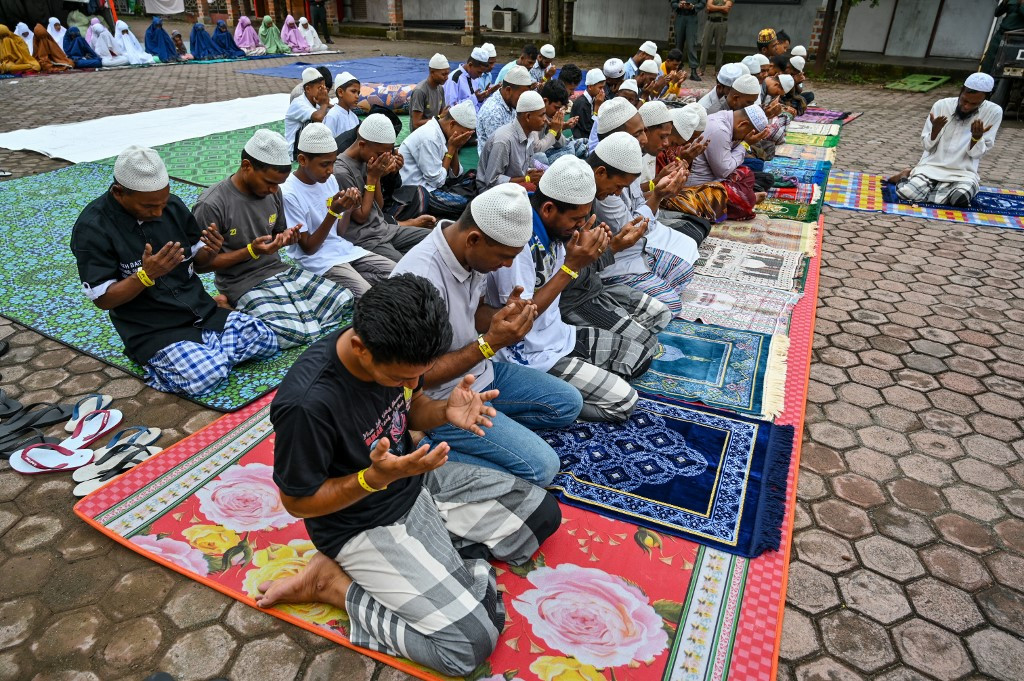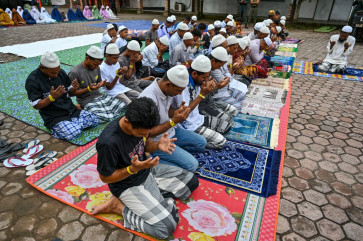Popular Reads
Top Results
Can't find what you're looking for?
View all search resultsPopular Reads
Top Results
Can't find what you're looking for?
View all search resultsEmbracing humanity: A call to rethink refugee policies in Indonesia
Refugees do not choose to leave their homes; they are compelled to flee persecution, violence and conflict, often rooted in religious or ideological tensions.
Change text size
Gift Premium Articles
to Anyone
I
n recent months, the shores of Aceh in Indonesia have seen a steady influx of boats carrying refugees, contributing to the existing population of displaced individuals in the country. Once regarded as a safe haven for Rohingya refugees, Aceh has now adopted a stance of aloofness, treating these refugees as outsiders rather than fellow humans in need of compassion and support.
According to United Nations High Commission for Refugees (UNHCR) data, Indonesia currently hosts 13,458 refugees from 51 different countries, with around 8 percent of these being Rohingya refugees. Most of the rest are from Afghanistan.
Despite not being a signatory to the 1951 Refugee Convention, Indonesia has become a critical transit point for refugees, owing to its vast archipelago consisting of 17,000 islands and an extensive coastline spanning 99,000 kilometers that provides ample opportunities for boat entry.
However, this transient status has turned into a prolonged limbo for many refugees, with some being stranded in Indonesia for up to eight years, and others living in the country for over 15 years with no prospects of resettlement.
Why does the resettlement process to the destination take years? Well, let us just leave the question for the UNHCR and state members to answer.
While it is understandable that Indonesia, like other nations, harbors concerns about the strain refugees may place on limited resources, it is imperative to view this issue through a lens of shared humanity and moral responsibility. Refugees do not choose to leave their homes; they are compelled to flee persecution, violence and conflict, often rooted in religious or ideological tensions.
Indonesia has long been a crucial transit point for refugees fleeing conflict and persecution in their home countries. However, as a nation that did not ratify the 1951 Refugee Convention, Indonesia's treatment of refugees has often been characterized by restrictions and limitations that hinder their integration and ability to lead dignified lives. The current policy framework, which prohibits refugees from accessing education, employment and social security benefits, reflects a pragmatic but arguably inhumane approach.



















